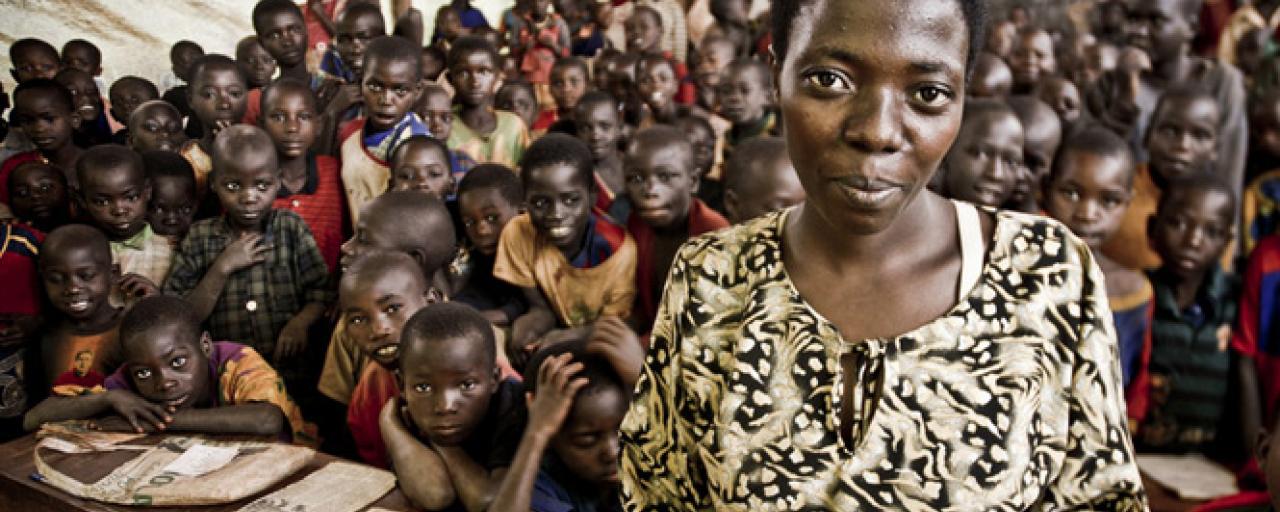One Planet Economics
They kept coming, witness after witness, to tell the inquiry that the economy of our region depends on the growth of Stansted Airport. As if Uttlesford District Council were trying to close the airport, rather than put a cautious limit on its growth to 35 million passengers each year rather than allow the 43 million that the airport wants.
No one was asking for job cuts. No one was trying to reduce the economy. In 2019 there were 28 million passengers, so there was existing permission for 21% growth even after we have recovered from Covid!
But there is a deeper question here. Do we need … can we afford, constant, unlimited growth? Our current economy seems to require 2.5% growth in GDP every year. It sounds modest but means a doubling of production and consumption by 2050 and a quadrupling by 2077. Since CO2 emissions, material consumption and waste go up at the same rate, that means our planet will have to double and quadruple likewise!
Sadly, we don’t have an infinite planet that can support infinite growth and absorb infinite pollution. We have just one, perfect, delicate and very small planet. We need to adjust our economic model to one that accepts that we have only one home, one planet: One Planet Economics.
Mark Carney’s Reith lectures pointed out the vast gulf between our Values and the monetary value we put on things. We value our nurses, care workers, midwives and refuse collectors, but we pay them very little compared to our fooballers, celebrities, city bankers and CEOs. Why do we do that? Maybe we have been measuring the wrong thing.
Gross Domestic Product is ‘the monetary measure of the market value of all the final goods and services that are bought by the final user’. It is NOT a measure of any increase in jobs, of any reduction in poverty, of social justice, of any improvements in health or any business success. Indeed, it seems to correlate much more closely with the growing inequalities of rich and poor, monopolies that swallow smaller businesses, the pressure to drive down wages and over consumption.
We thought economic growth would ensure that things would be better for our children, but we now have a generation who, even before the pandemic struck, were struggling to get decent jobs, to hope for a secure future, let alone buy a home! Social mobility has ground to a halt and life expectancy is beginning to fall for the first time in some parts of the country!

Social inequalities are increasing at break-neck speed in fact. Oxfam’s report, The Inequality Virus, tells us that the combined wealth of the world's 10 richest people rose by £540 billion during the coronavirus pandemic; Jeff Bezos made a record $13bn in just one day and FTSE 100 chief executives after the first 3 days’ work in January had earned above the average wage of £29,559. I wonder how they will get through the eye of a needle!
At the other end of the scale, those working in the gig economy or on zero hours contracts are struggling to feed their families. The ‘trickle down’ effect just doesn’t seem to be working.
Maybe our economy would function better if we started measuring the things we have learned to value during lockdown: our health, happiness and wellbeing; the people who care for us and teach our children; the beauty of nature and of clear skies; community. The Sustainable Development Index does roughly that: it measures income, health and education within the scope of a single planet.
